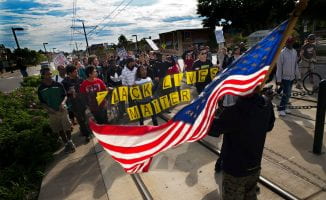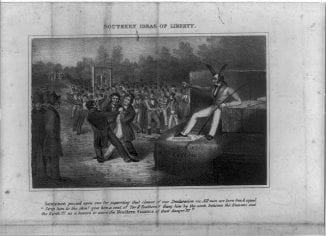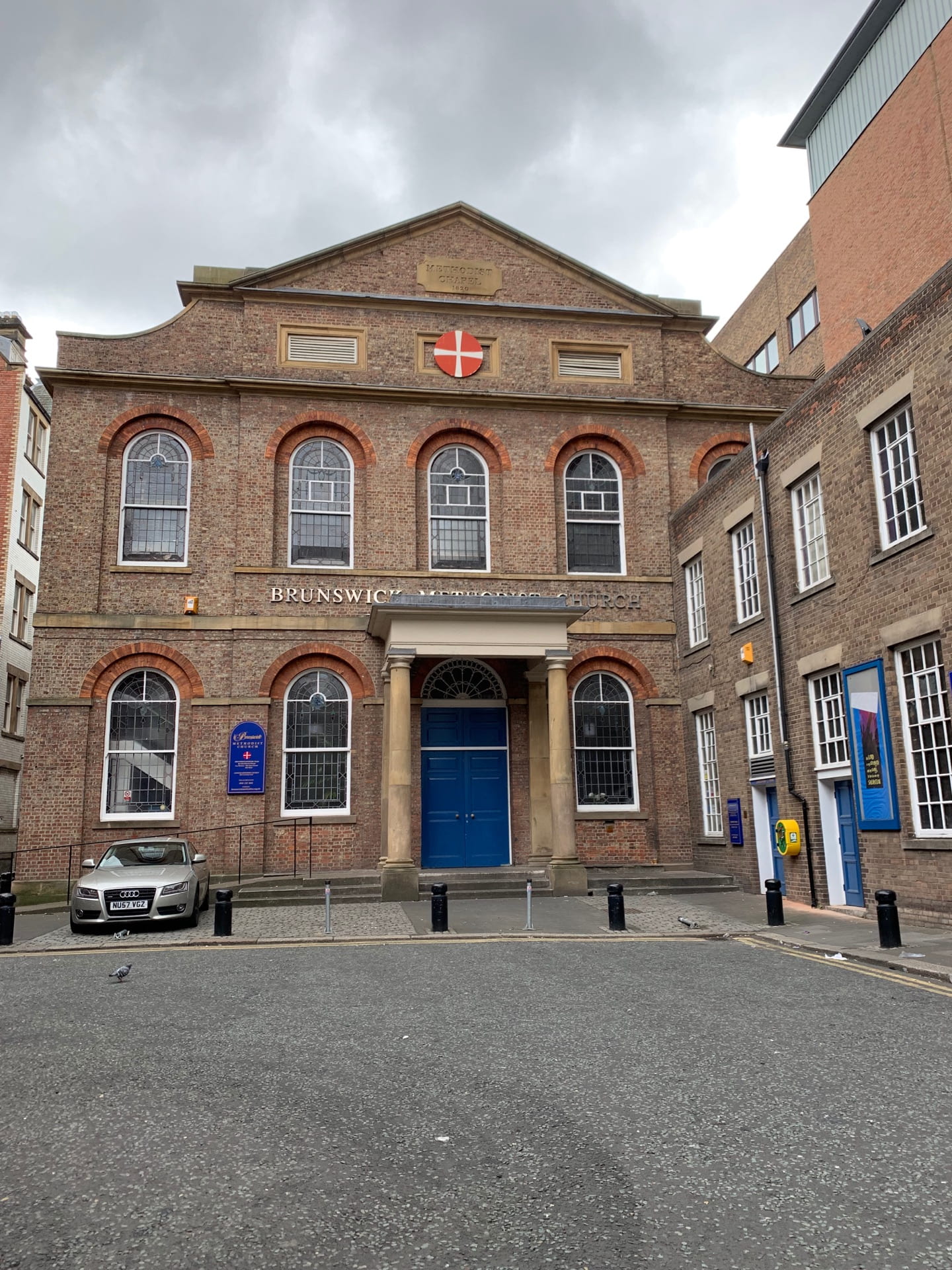
Clotel, Southern Exceptionalism, and Sensationalism
Clotel, Or the President’s Daughter follows the tragic story of three generations of enslaved women in the American South. Throughout the story, author William Wells Brown harshly critiques the institution of slavery in the United States and calls for its demise. Brown knew the first hand the horrors of enslavement as he was born into slavery. […]







